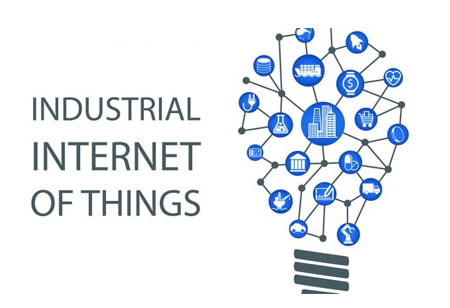THANK YOU FOR SUBSCRIBING
Reinforcing Compliance Management
A rapid increase in compliance technologies is witnessed during present times as the future

By
Apac CIOOutlook | Friday, August 05, 2022
Stay ahead of the industry with exclusive feature stories on the top companies, expert insights and the latest news delivered straight to your inbox. Subscribe today.
With an increasing shift towards compliance in recent years, a defined and well-shaped compliance programme enables industries to perform better. Thus, reinforcing compliance with clarity, collaboration, and AI techniques strengthens compliance management.
FREMONT, CA: A rapid increase in compliance technologies is witnessed during present times as the future has much more in store for them. The shift in the last two years has put a warning sign for compliance teams and Regtech companies to stay alert in the upcoming periods. Further, the COVID-19 pandemic has increased the pressure on compliance to regulate rules that ought to be implemented. Hence, the digitization of compliance management comes to aid. A competitive rise is witnessed in firms that seek solutions for staying competitive and to create a natural foundation for automation and collaboration. It is a big initiative that opens its arms to the changes in compliance technology.
Trends that are Shaping Compliance Technologies
• Clarity is pivotal for regulating cryptocurrencies. Globally, companies and regulators are developing their own approaches to crypto regulations individually. While several countries have already revised their rules for crypto regulations, they seem to have several differences. Other nations are making their fullest efforts to promote crypto. Hence, clarity is needed across the board, both in terms of regulatory certainty as well as cyber resilience, and that's even before considering the investment risks linked to investing in cryptocurrencies. With the view that cryptos are not currencies but highly speculative assets claiming their fame as currencies, firms need to actively engage and collaborate with all stakeholders and regulators to avoid bad regulation.
• Collaboration from industry stakeholders is of importance not just for crypto but also for GRC (Governance, Risk, and Compliance) systems. The challenges that an industry, a community, or sometimes even the world faces cannot be solved in silos, regardless of their size. It has been globally recognised by various stakeholders all across the country, who may be regulators, technology solution providers, or service providers. Hence, a combined effort is recommended for addressing issues on the whole. COVID-19 serves as an exemplar as participants have combined forces for collaboration to connect solutions and data sets for processing with the aim of centralising and harmonising. Driven largely by financial services, regulators have begun to push themselves to achieve this beneficial collaboration.
• As 2022 is expected to be the year of ESG, climate neutrality has become an ultimatum that can be achieved via regulations.However, financial institutions are put in difficult positions as these regulations are not enforced equally on all stakeholders. One testament to the difficulty is combining ESG with MIFID requirements and applying them to all customers. Furthermore, labelling has become crucial, particularly with bio products, where common ground and standard definitions are required by the industry. Despite the risk of complications, transparency with the customers along with ensuring the right investments come as mandatory duties in consideration with MIFID. This outlines the essentials of collaboration and working together towards a common goal.
• Regulators and companies are charged with sanctions and fines due to their deficiencies in their processes, which in turn are being handed down. As a result of this, regulators have begun to crack down on firms that fail in implementing cybersecurity and information policies. Thus, vendor risk management and third-party risk management policies should be included in sound infotech programs.
• Though Artificial Intelligence(AI) has been around for quite a long time, its benefits are being leveraged only in recent times. AI is being used in real-life applications across several industries, including RegTech, AML, KYC, trade surveillance, and communications. However, quality and data reliability have always been a puzzle that can be rectified by developing powerful data sets into the mix. It enhances human interaction and understanding of data, paving the way for the use of AI and machine learning to bring automation into many other applications.
Though AI’s ethical nature is doubtful in certain ways, covering all the bases and the usage of realistic real-world data sets solves the uncertainties of AI. Hence, these trends enable a more effective and compliant approach to technologies.





